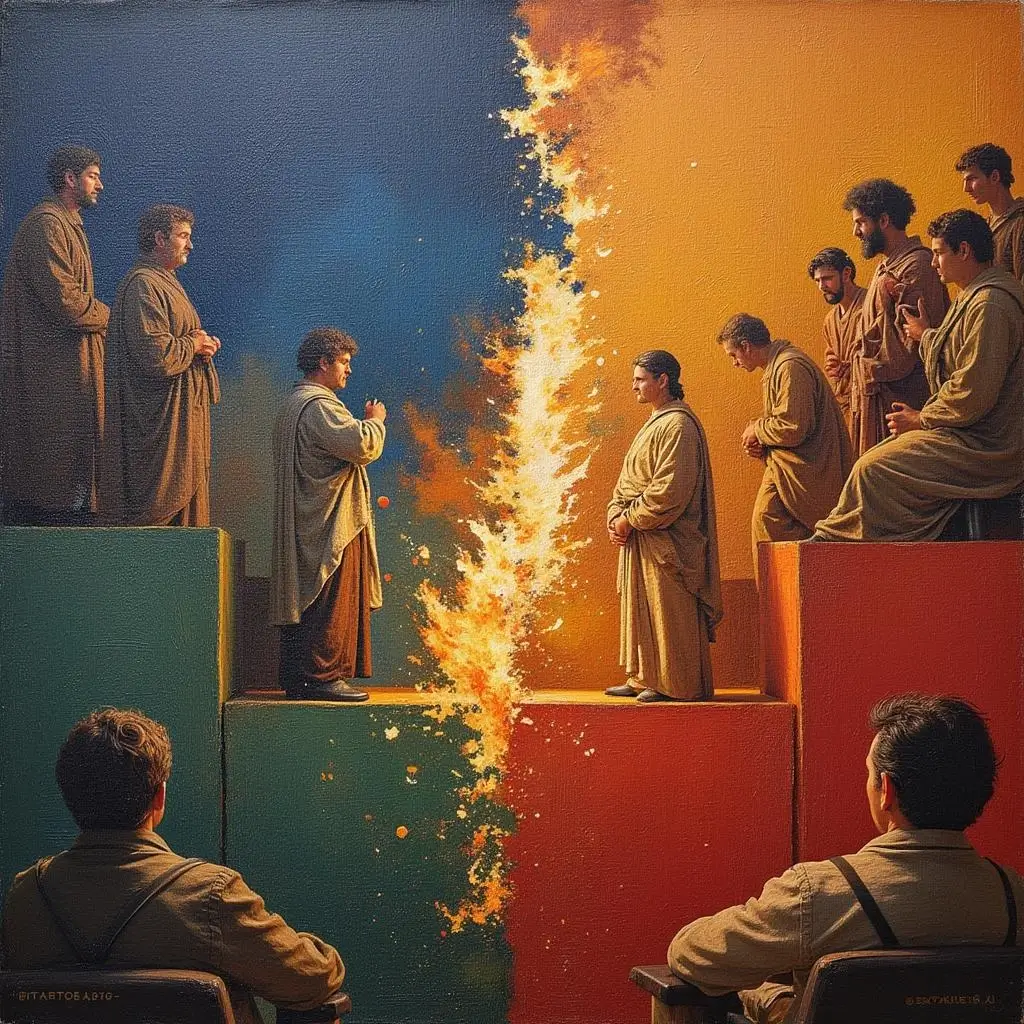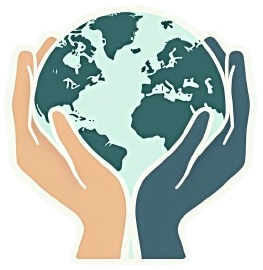The Historical Role of Religion in Divisions

Religion has always been a profound force in shaping societies. It has provided moral frameworks, inspired cultural advancements, and created cohesive communities. However, it has also been a source of division, sparking conflicts and perpetuating inequalities.
Throughout history, religion has unified civilizations under shared beliefs, fostering a sense of purpose and identity. For instance, medieval Europe was deeply influenced by Christianity, which dictated societal norms, laws, and cultural achievements. Similarly, other regions, such as the Middle East, thrived under the influence of Islam, shaping advancements in science, philosophy, and the arts.
Yet, the same unifying force has been a cause of major divisions. Religious differences have often led to wars, such as the Crusades or conflicts in modern times. These events highlight how competing beliefs can create friction between societies or within nations, undermining unity and peace.
The dual nature of religion as both a unifying and dividing force continues today. Understanding its historical role allows us to appreciate its contributions while addressing the challenges it can present. Only through open dialogue and mutual respect can we navigate these complexities in modern multicultural societies.
Only through open dialogue and mutual respect can we navigate these complexities in modern multicultural societies.
